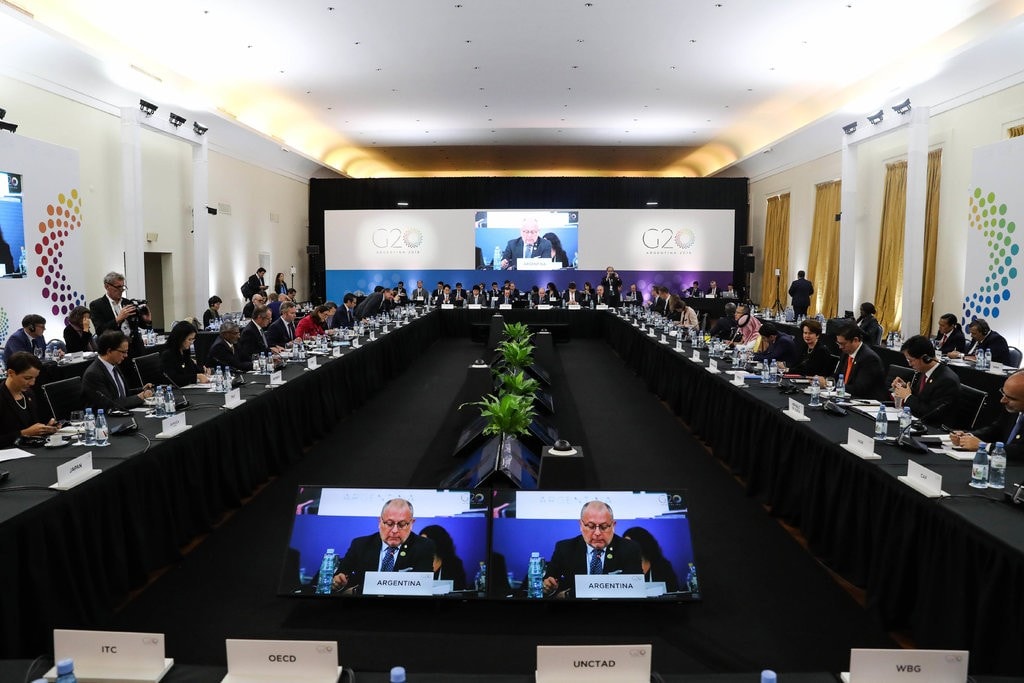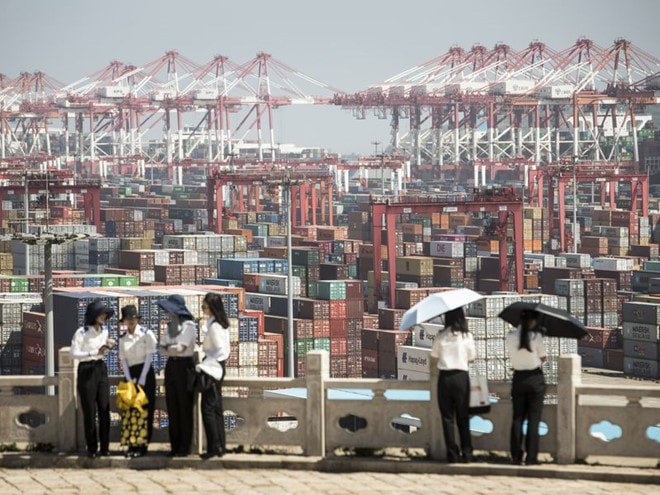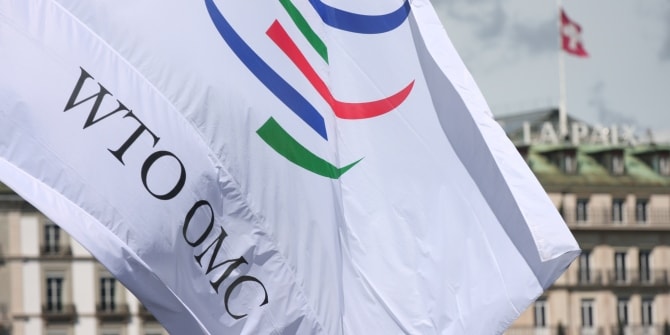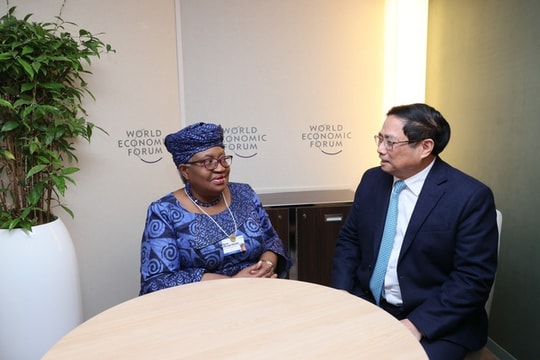WTO Reform: The Great Door Has Opened
(Baonghean) - The determination to reform the World Trade Organization (WTO) was expressed by the international community not long after US President Donald Trump threatened to withdraw from the organization. The world, perhaps, has seen the shortcomings in the operations of the world's largest trade institution, and is not simply acting because of the US's threats.
 |
| The G20 ministers meeting in Argentina agreed on WTO reform. Photo: New York Times. |
When the big guys agree
After much debate, there is finally a concerted effort by the international community to change the way the World Trade Organization (WTO) operates.
On September 14, the member countries of the Group of 20 (G20) reached a conclusion to promote WTO reform. This move took place within the framework of the meeting of the group's Trade and Investment Ministers held in the city of Mar del Plata, Argentina.
Speaking at a press conference after the meeting, Argentine Foreign Minister Jorge Faurie said all countries agreed that the most important and urgent issue now is to find measures to help the WTO better respond to the challenges facing trade.
At this meeting, G20 representatives presented their views on the most essential elements for international trade to be able to implement the reform plan, what issues need to be innovated and what needs to be further promoted.
In the final document of the meeting, the G20 emphasized the role of this cooperation mechanism as a platform for political dialogue among member countries, and pointed out the need to step up efforts to ensure that the benefits from international trade and investment are shared by all.
G20 members also acknowledged the need to discuss international trade developments and ways to improve the WTO in the face of current and future challenges.
Thus, this is the first time that the US has shown its agreement on the urgency of modernizing the WTO. Washington's "nod" is a "sufficient condition" for the G20 to be able to issue a ministerial statement - something the group has not been able to do this year.
And now is the time for real reform. The challenge now, said Jean-Baptiste Lemoyne, Secretary of State for Europe and Foreign Affairs of France, is to develop rules and monitoring mechanisms to ensure compliance with these principles, and to make arbitration bodies work more quickly.
Who does the WTO belong to?
Since its establishment in 1995, the WTO has always been considered a stronghold to protect freedom and fairness in trade between countries. The role of the WTO is undeniable, with an arbitration mechanism to resolve disputes. But after nearly 3 decades, the position of the WTO is declining, and the regulations of this organization seem to be outdated.
Recent manifestations of international trade further reinforce this view, as major countries take turns seeking to protect their national interests, rather than respecting the world's "golden rules and jade standards".
 |
| The US has imposed tariffs on hundreds of billions of dollars worth of goods from China. Photo: Bloomberg |
The US’s initiation and leadership of the current global trade war is typical of this worrying trend. The aggressive actions of the Trump administration are seen as a move to bypass the WTO, in other words, to nullify the free trade regulations that the WTO represents.
The US administration's aggressive moves have forced the WTO to become an unwilling bystander in a game where it should be playing a leadership and coordinating role.
It sets a dangerous precedent that from now on any other member can naturally tear up its commitment to the WTO with the excuse of "protecting national interests" as the US has been doing.
But before blaming President Donald Trump for his “one-man-show” approach, it is necessary to acknowledge that the WTO has been exploited and disabled by China for a long time. And that is the problem with this organization.
In 2001, when China joined the WTO, the world expected opportunities to access the most populous market as well as a strong transformation of China's mechanism. But now, the world has come to a common conclusion that trade institutions have failed in their efforts to integrate China into the world economy as well as to promote its respect for free market values.
Western countries believe that China has distorted global trade on a larger scale than measures such as dumping or subsidies. And in fact, China has not fully complied with WTO principles on free markets and has increasingly moved away from market principles in recent years.
The problem is exacerbated by China’s efforts to move up the global value chain from its “factory of the world” status. Beijing is said to have used policies that encourage, guide and support domestic firms while discouraging, disadvantaging or harming foreign companies.
The practice of forcing foreign partners to transfer technology in exchange for access to the country's market is the reason that pushed the US to take the current punitive action with tariffs.
What should the WTO do?
The question now is where the WTO stands amid these increasingly high-profile and high-intensity trade retaliations. Without action, the WTO will automatically lose its value as a forum for resolving trade disputes and setting the rules for international trade.
The world in that scenario would be a real disaster where values are erased, where nations act based on the will of the strong.
 |
| The role, even the very existence, of the WTO is being challenged. Photo: Getty Images |
The WTO will have to reform to return to its rightful place. Adjustments to its rules, regulations and operating mechanisms to adapt to the new situation are a must.
But the way forward remains to be seen. An independent advisory group has for the first time argued for the need to scrap the WTO’s consensus mechanism – a mechanism that gives smaller countries the same vote as economic powerhouses.
There are also opinions to resolve the current deadlock of the Appellate Body such as extending the term of service of judges... Surely the upcoming changes will touch the core fundamental elements inside the WTO so it will be an uncompromising clash ahead.


